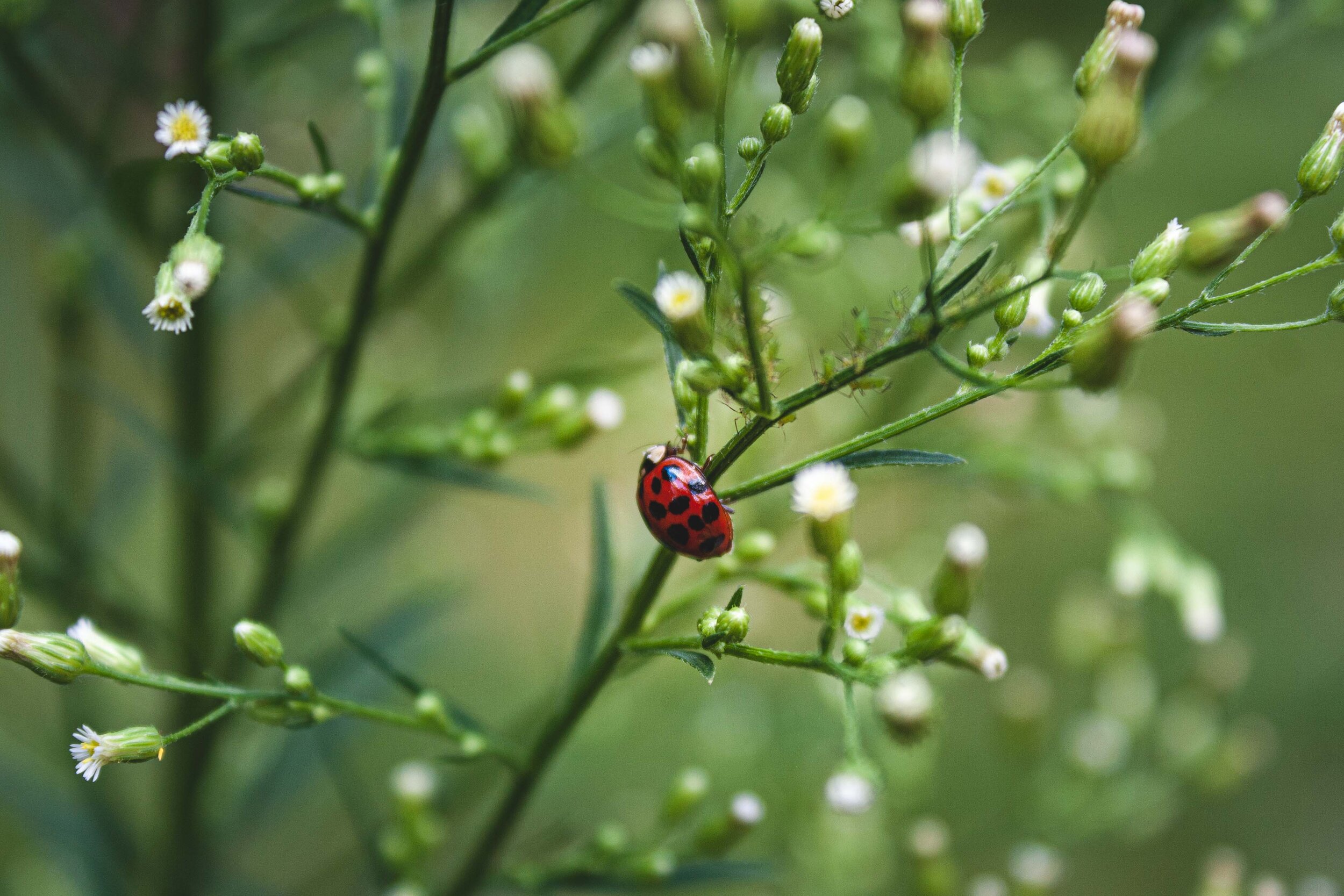“To be a wilderness then was to be “deserted,” “savage,” “desolate,” “barren”—in short, a “waste,” the word’s nearest synonym. Its connotations were anything but positive, and the emotion one was most likely to feel in its presence was “bewilderment” or terror. ”
Wednesday Thoughts
Arctic Wildlife Refuge
1002 Area
A whole different story from the chanting of “Build that Wall” that I wrote about last week, but still almost the same is going on in the most northern parts of Alaska. The development of the 1002 area, better known as "The Sacred Place Where Life Begins". I have written about it before, but it’s worth mentioning again. It’s been up for debate several times during the past 40 years, but now we are facing the reality of this government and the development of this area. Several articles have been written about Arctic National Wildlife Refuge (ANWR) and that we need to protect it. One of the, for me, most famous instances is the first minute or so in Patagonia’s video the Refuge below. It’s an old recording from hearings in the house, clipped together with environmentalists and other callers to a tv-show. One of the people talking over the phone, who clearly has never been up in Alaska or ANWR describes the "The Sacred Place Where Life Begins" as “Tundra known as wasteland, there is nothing out there, virtual plains as far as the eye can see”. Its a very strong moment in the video and it also highlights the problem of people’s perceptions about wilderness and nature, just look at the old perception about wilderness quoted above from Bill Cronon’s The Trouble with Wilderness; or, Getting Back to the Wrong Nature.
The Porcupine Herd
The Arctic Refuge now contains the largest area of designated Wilderness within the National Wildlife Refuge System, covering about 19.64 million acres of land and water. The history behind the name “The Sacred Place Where Life Begins" that the Gwich'in people call it has to do with how the Caribou utilizes the large area. The porcupine herd utilizes a far greater area than the 1002 area, but come spring and early summer this is THE area all the Caribou from the Porcupine herd utilize as calving area, which makes it a very important area. Click on this LINK if you want to see the migration of the Porcupine herd with beautiful images. If you want to read the absolute latest (as of early January 2019) about the development in ANWR follow this LINK, or read this blogpost for more detailed information. To comment on the draft of Environmental Impact Statement that BLM put together follow this LINK, and you can read more about how to comment and why HERE, also in the actual Environmental Impact Statement. You have until February 11 to submit a comment. You can also submit your comment by mail:
Coastal Plain Oil and Gas Leasing Program EIS
222 West 7th Avenue, Stop #13
Anchorage, Alaska 99513 -7504
I find it important to think about and share the issues we are facing in this day and age. I tend to focus on the environment and wilderness since those areas lay very close to my heart. What current issues are you burning for?













